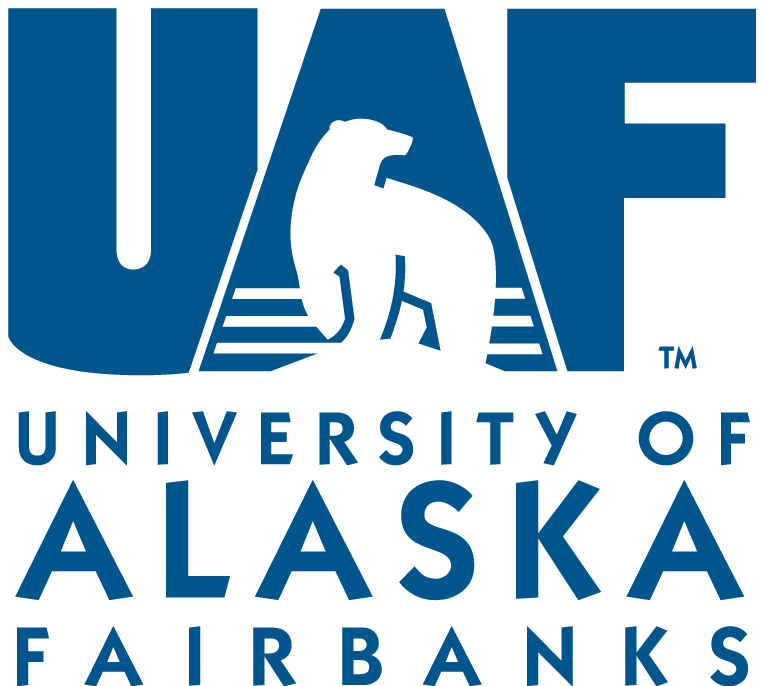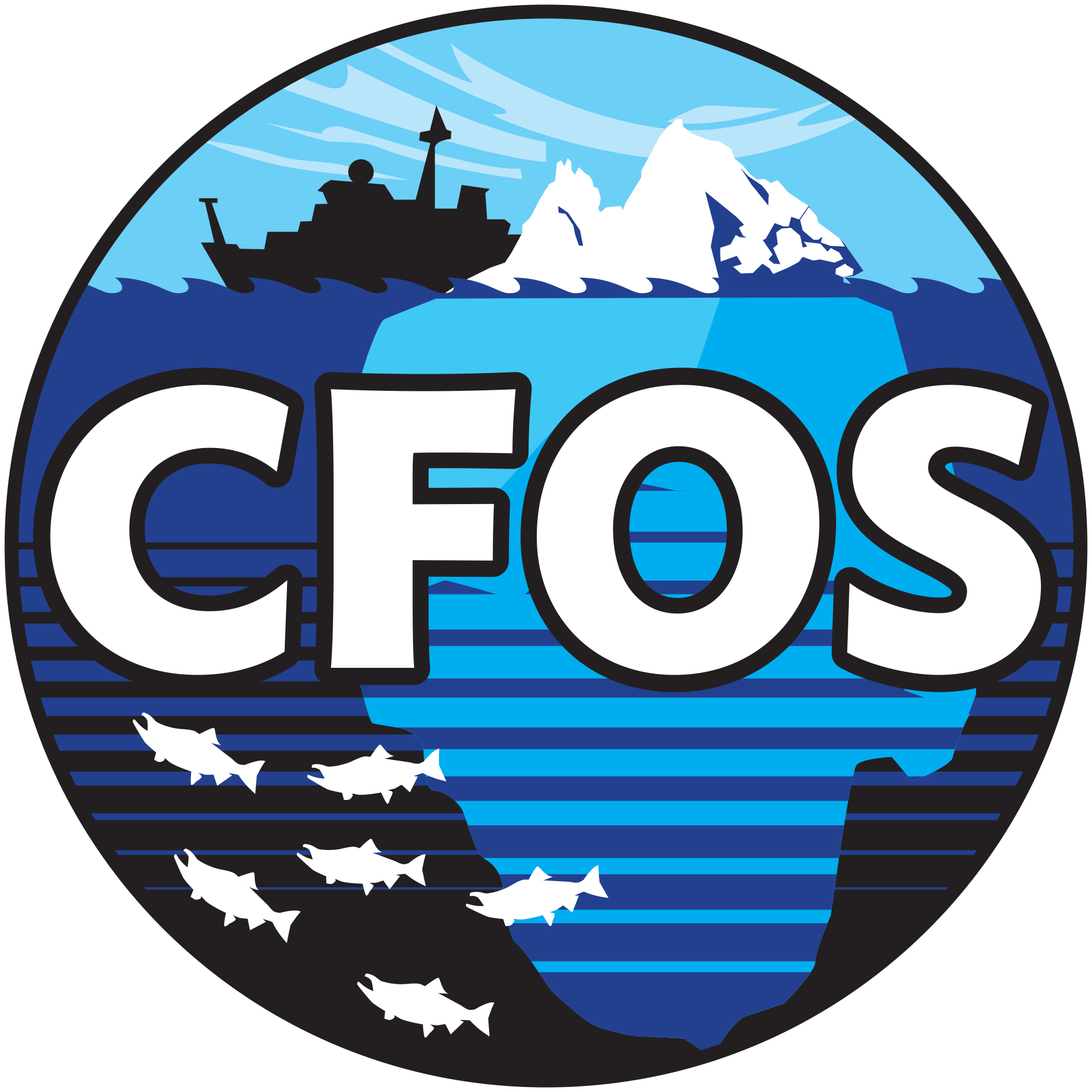The Russian Sea of Okhostsk Pollock fishery is a midwater trawl fishery composed of 30 fishing companies which land ~ 840,000 metric tonnes pollock annually. It has been certified by the Marine Stewardship Council (MSC) since September 2013. MSC recertification occurs every five years.
What is the MSC you ask? The MSC is an international non-profit organization whose mission is 'to use our ecolabel and fishery certification program to contribute to the health of the world’s oceans by recognising and rewarding sustainable fishing practices, influencing the choices people make when buying seafood and working with our partners to transform the seafood market to a sustainable basis.'
In addition to the perceived environmental benefits of certification, there have been some studies demonstrating the economic benefit of MSC certification. These benefit, however, may differ substantially by species. Currently both the Bering Sea & Aleutian Islands and the Gulf of Alaska Pollock fisheries are MSC certified while the Russia Bering Sea and Navarinsky pollock fisheries were withdrawn.
Over the next five years there were three recommendations by the MSC panel: '(1) relating to incidental seabird mortality arising from bird interactions with fishery operations at sea, (2) relating to the perceived need for an occasional but regular review of the non-stock assessment part of the management system for the stock, to be independent and provided in English, and (3) to further enhance the independent observation database especially but not only relating to observation of endangered, threatened or protected species and other non-target species'.
The entire recertification assessment can be found on the MSC's website.







